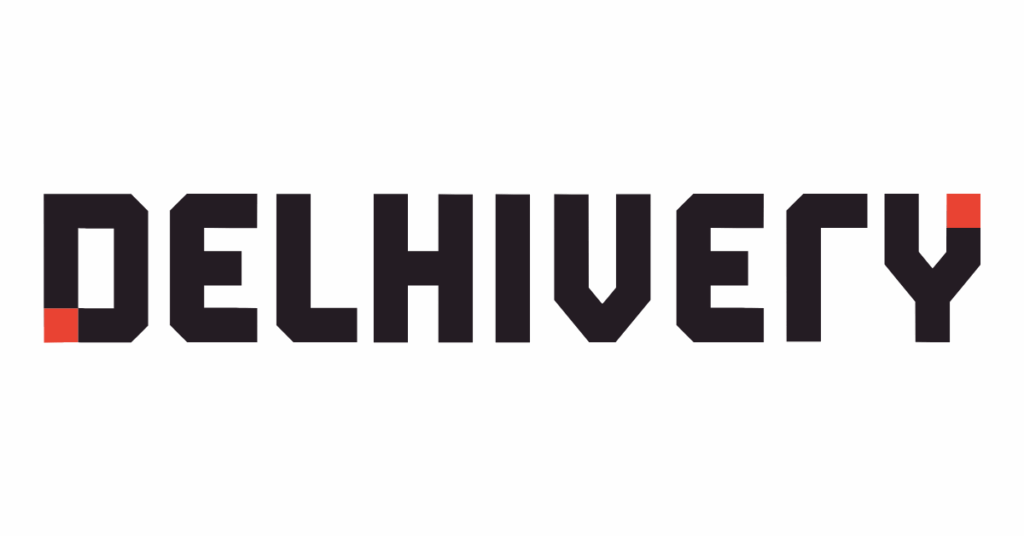
India’s logistics sector grapples with persistent fragmentation, creating significant hurdles for businesses, especially SMEs. The market’s vibrant nature, while offering choice, also presents challenges in ensuring consistent service quality and reliability. Numerous players, from large integrated logistics providers to regional specialists and hyperlocal services, compete for market share. This intense competition, coupled with government initiatives aimed at streamlining the sector, is reshaping the landscape.
According to Delhivery’s business head, Mohammed Ali, this fragmentation necessitates a strategic approach focused on delivering value. This value proposition encompasses a combination of reliability, speed, extensive reach, technological innovation, and superior customer service. Delhivery believes that by offering this comprehensive package, it can effectively navigate the complexities of the Indian logistics market and cater to the diverse needs of its clientele, particularly SMEs.
One of the key challenges arising from this fragmentation is the difficulty in establishing a seamless and efficient supply chain. The reliance on multiple vendors and varying service levels can lead to delays, increased costs, and reduced transparency. SMEs, often lacking the resources and expertise to manage these complexities, are particularly vulnerable to the negative impacts of a fragmented logistics ecosystem.
India’s logistics sector grapples with persistent fragmentation, creating significant hurdles for businesses, especially SMEs. The market’s vibrant nature, while offering choice, also presents challenges in ensuring consistent service quality and reliability. Numerous players, from large integrated logistics providers to regional specialists and hyperlocal services, compete for market share. This intense competition, coupled with government initiatives aimed at streamlining the sector, is reshaping the landscape.
According to Delhivery’s business head, Mohammed Ali, this fragmentation necessitates a strategic approach focused on delivering value. This value proposition encompasses a combination of reliability, speed, extensive reach, technological innovation, and superior customer service. Delhivery believes that by offering this comprehensive package, it can effectively navigate the complexities of the Indian logistics market and cater to the diverse needs of its clientele, particularly SMEs.
One of the key challenges arising from this fragmentation is the difficulty in establishing a seamless and efficient supply chain. The reliance on multiple vendors and varying service levels can lead to delays, increased costs, and reduced transparency. SMEs, often lacking the resources and expertise to manage these complexities, are particularly vulnerable to the negative impacts of a fragmented logistics ecosystem.
The existing logistics fragmentation significantly impacts small businesses in India. SMEs often face difficulties negotiating favourable rates and service agreements with logistics providers due to their smaller shipping volumes. This puts them at a disadvantage compared to larger enterprises that can leverage their scale to secure better deals. Inefficient logistics can lead to increased operational costs, eroding profit margins for SMEs and hindering their ability to compete effectively in the market.
Furthermore, unreliable delivery schedules and a lack of real-time tracking capabilities can damage an SME’s reputation and customer relationships. In today’s fast-paced business environment, customers expect prompt and transparent delivery services. SMEs that cannot meet these expectations risk losing customers to competitors who offer superior logistics solutions. This highlights the critical need for SMEs to access reliable and cost-effective logistics services to maintain competitiveness and foster growth.
Access to technology also presents a hurdle. Many SMEs lack the resources to invest in sophisticated logistics management systems, making it difficult for them to optimise their supply chain operations. This can lead to inefficiencies in inventory management, order fulfilment, and route planning. The fragmented nature of the logistics sector further exacerbates these challenges, as SMEs often struggle to integrate their systems with those of multiple logistics providers.
Delhivery’s approach to tackling India’s logistics fragmentation centres around building a robust, technology-driven platform specifically tailored for SMEs. The business head emphasises that the company is deeply invested in understanding the unique challenges faced by these businesses and designing solutions that address their specific needs. This includes offering a range of value-added services such as warehousing, inventory management, and last-mile delivery, all integrated into a single, user-friendly platform.
According to Delhivery, technology plays a crucial role in streamlining the supply chain and improving efficiency. The company leverages advanced data analytics and machine learning algorithms to optimise routes, predict demand, and minimise delays. This technological prowess enables Delhivery to provide its SME clients with real-time visibility into their shipments, empowering them to proactively manage their logistics operations and enhance customer satisfaction. The business head stated that the company aims to empower SMEs with logistics capabilities previously only accessible to larger enterprises.
Delhivery also acknowledges the importance of fostering strong partnerships within the logistics ecosystem. They are actively collaborating with regional players and hyperlocal services to expand their reach and offer comprehensive coverage across India. This collaborative approach allows Delhivery to leverage the strengths of different players, creating a more resilient and efficient logistics network for its SME clients. The company believes that by working together, it can contribute to overcoming the challenges posed by fragmentation and driving sustainable growth in the sector.